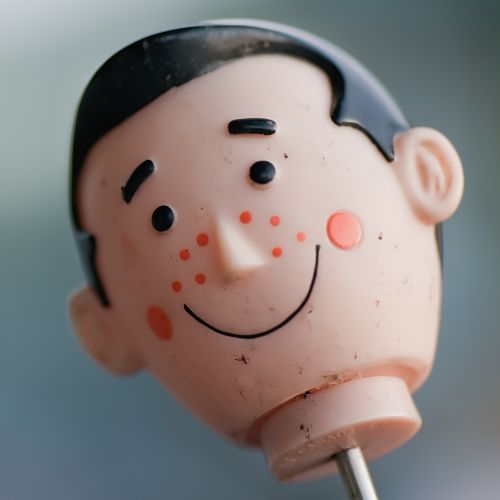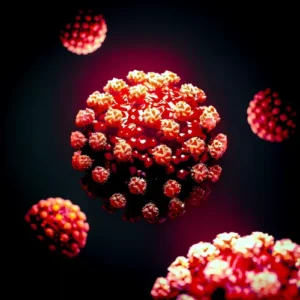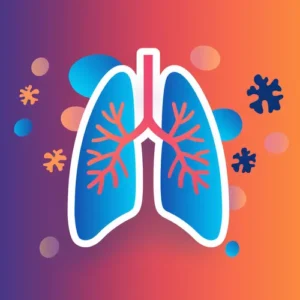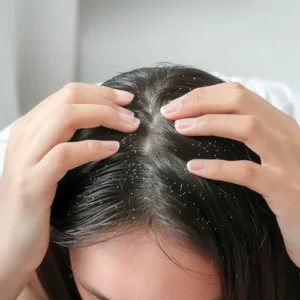Acne is one of the most common skin conditions. Although, everyone gets a few pimples during their teenage years, persistent acne outbreaks can severely affect the looks and personality of some people. The condition can leave behind scars and ugly blemishes on the face or other affected parts of the body, like the back and chest.
Acne outbreaks can form blackheads or whiteheads, which can be mild or become deeply inflamed and pus-filled pustules or cysts. These pus filled pustules and cysts take more time to heal and often leave behind scars and blemishes on the skin.
What Can I Do If I Have Acne?
First of all, you have to maintain your hygiene level and keep the affected skin clean. Ideally, you should use a mild soap or cleanser to wash your face or the affected skin at least twice a day. Don’t try to scrub your skin too hard as it will further aggravate the condition.
If you have dry skin, use emollient or any other non-comedogenic moisturisers that you like. Most of these moisturisers have been tested, and they are not likely to cause spots on your skin.
You should understand that cleaning the affected skin is not going to cure or prevent acne outbreaks. For effective prevention, you have to follow a healthy lifestyle. However, you can successfully control your outbreak. There are several creams, lotions and gels that can be used to treat your acne. Special soaps may also help, such as Cayenne Pepper Soap or Sulphur and Salicylic Acid Soap.
If you are suffering from acne, you can consult with your pharmacist and buy the most suitable acne treatments that are available over-the-counter. Products containing a small amount of benzoyl peroxide may be recommended, but be careful as this chemical can bleach clothing.
When acne appears no your back or chest it might need to be treated with something that cannot be bought over-the-counter. It may need to be treated with antibiotics or stronger creams that are only available on prescription.
When to see your GP
When over-the-counter treatments are ineffective in controlling your acne, you should consult your doctor. In case of severe outbreaks or pimples with nodules or cysts, you will need the prescribed medicines. Without proper treatment, these nodules or cysts may cause scarring.
Acne treatments work, but you can expect perceptible improvements in about three months. So, you are not likely to observe immediate results. Be patient, and you should see good results from your acne treatment.
You should never pick or squeeze your pimples out of your temptation to get quick results. These kind of activities may cause deep scarring that becomes permanent.
Regardless of the severity of your acne, if you are not comfortable or feeling really distressed, you should consult your doctor. The advice of your GP will help you deal with the condition and you will manage your condition more effectively.
Why Do I Have Acne?
Acne outbreaks mostly occur during teenage years, but it can affect people in any age group. The experts believe that certain hormonal changes during puberty cause excessive production of oil by the sebaceous glands. These exocrine glands lie next to the hair follicles and produce sebum (oily or waxy matter) to lubricate and keep the skin waterproof. When excessive sebum is deposited on the hair follicle, otherwise harmless skin bacteria like P. acnes become active and lead to pimples with pus and inflammation.
The hormonal changes also cause a thickening of the hair follicle’s inner linings, which blocks the pores or opening of hair follicles. This type of blockage is not cleared when you cleanse your skin.
It has been observed that acne can run in families. If your parents had acne (both mother and father), you are more likely to face outbreaks due to this genetic link.
The hormonal changes during the menstrual cycle or pregnancy can also induce outbreaks in some women.
Some experts claim that improper diet, poor hygiene or sexual inactivity can induce outbreaks, but these is no scientific evidence that these factors have a role in acne outbreaks.
Who Is Affected?
Acne outbreaks are more common in the teenagers and young people. In fact, almost 80 percent acne outbreaks occur during the 11 to 30 years of age.
In case of girls, most acne outbreaks occur during the 14 to 17 years of age while this age group is 16 to 19 years for the boys.
Some people may face recurring outbreaks for several years, unless they grow older and get rid of their symptoms. After mid-twenties, acne outbreaks are not very common, but some people may still face acne in their adult life. It has been estimated that one percent males and five percent females may have acne outbreaks even after 25 years of age.
Overall, acne is a common skin condition that can affect anyone, but it is most prevalent during adolescence. While it can be distressing and leave behind scars, it is treatable with proper skincare and medication. It is important to maintain good hygiene and avoid picking or squeezing pimples. If over-the-counter treatments are ineffective, consulting with a doctor is recommended. Hormonal changes, genetics, and age are all factors that contribute to acne outbreaks. By following a healthy lifestyle and seeking appropriate treatment, acne can be managed effectively.
Photo by Scott Webb on Unsplash
Zoom Health is a leading UK supplier of Home Health Tests and Earplugs
This post was originally published in 2017. It was last updated in June 2023.





